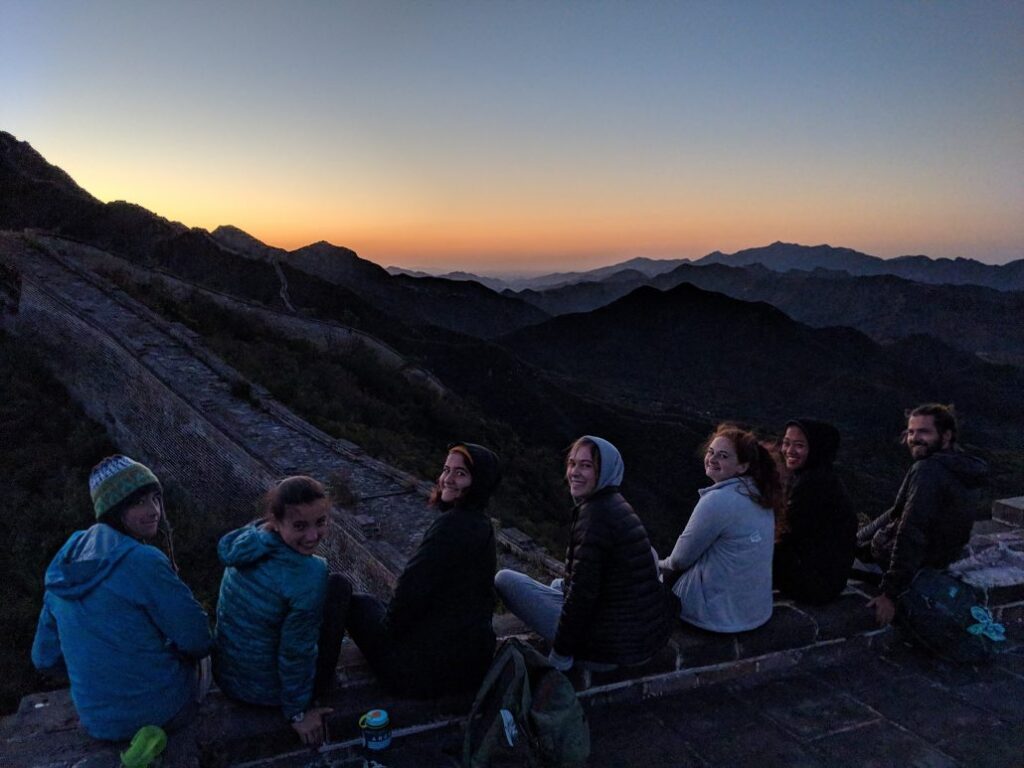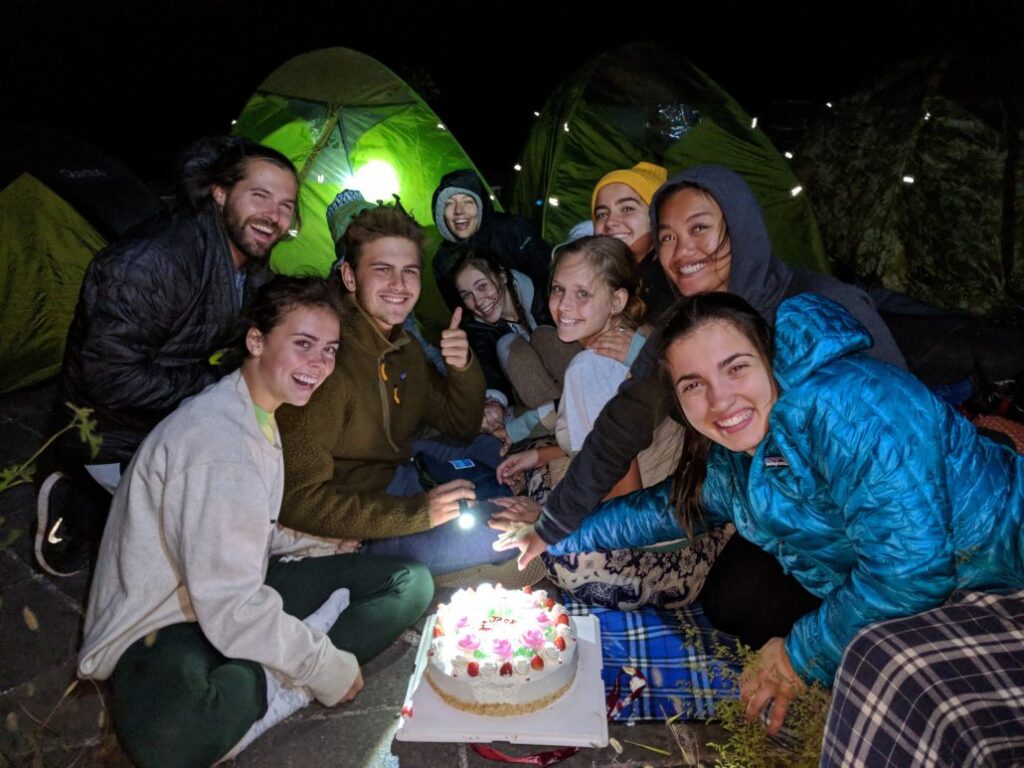The sun is setting over a majestic landscape as the wind howls around our group. My legs ache from the steep climb to reach our glorious sunset vantage point. Having battled freezing temperatures and hundreds (maybe thousands) of ancient steps, we have finally made it. We are atop the highest watchtower in this section of the Great Wall of China. Despite our surreal surroundings, there is unrest in the group and the topic of conversation: tenting partners.



Interestingly enough, this is not the first time that the idea of tenting partners has caused conflict within an ARCC Gap Semester. In fact, it has become a topic of conversation in each of my three semesters as a Gap Instructor. However, when I take the time to look at why it is that tent pairings are causing tension, it becomes clear. Many of my students are living away from home for the first time, they are sharing a living space with their peers, and they are outside of their comfort zone. On top of this, many have never had to communicate their spatial needs to a close friend. Back at home, most students are able to remove themselves from situations in which a dispute seems imminent. However, in the context of a gap semester, this is simply not the case. In such a tight-knit group on a 70-day program, you cannot just ignore simmering tensions with the hope of it disappearing. Therein lies the beauty of a gap semester. It pushes students to confront something that many grown adults shy away from–conflict.
In any group of people living in close quarters for an extended period, there is bound to be conflict. Just ask any family. However, it is important to recognize that conflict is not actually a bad thing. Why, you ask? It is because, if conflict is handled correctly, it can lead to immense growth and increased understanding. It can lead to renewed self-confidence, healthier relationships, and overall improved group dynamics. The challenge: students don’t necessarily know how to go about it because they have often been able to avoid it altogether in the past. This is where we come in. As instructors, we are equipped with conflict management tools and techniques that have been sharpened through training and personal experience in the field. Our job is not simply stepping in and resolving problems when they arise, however. It is much more effective to provide the knowledge to the students and allow them to mediate their own conflicts when they inevitably arise. The chance to practice and hone these skills under the watchful eye of instructors is one of the greatest advantages of a gap semester. Simple skills such as the VOMP (Vent, Ownership, eMpathy, Plan) method and the “Trust Intent, Own Impact” mindset, give ARCC Gap alumni a leg up in any future group setting.
No matter who they are, they will have to work with people in the future, be it during group projects in college or communicating with a difficult boss or roommate. By empowering our young adults to respectfully take ownership and control of their interpersonal conflicts, we have allowed them to develop beneficial and life-long skills that they will use over and over again. It is not easy and it is not comfortable. But it is worthwhile. And it is why, as an instructor, I don’t mind sitting down to facilitate a discussion on the tenting arrangements, even if it is on the Great Wall of China.
